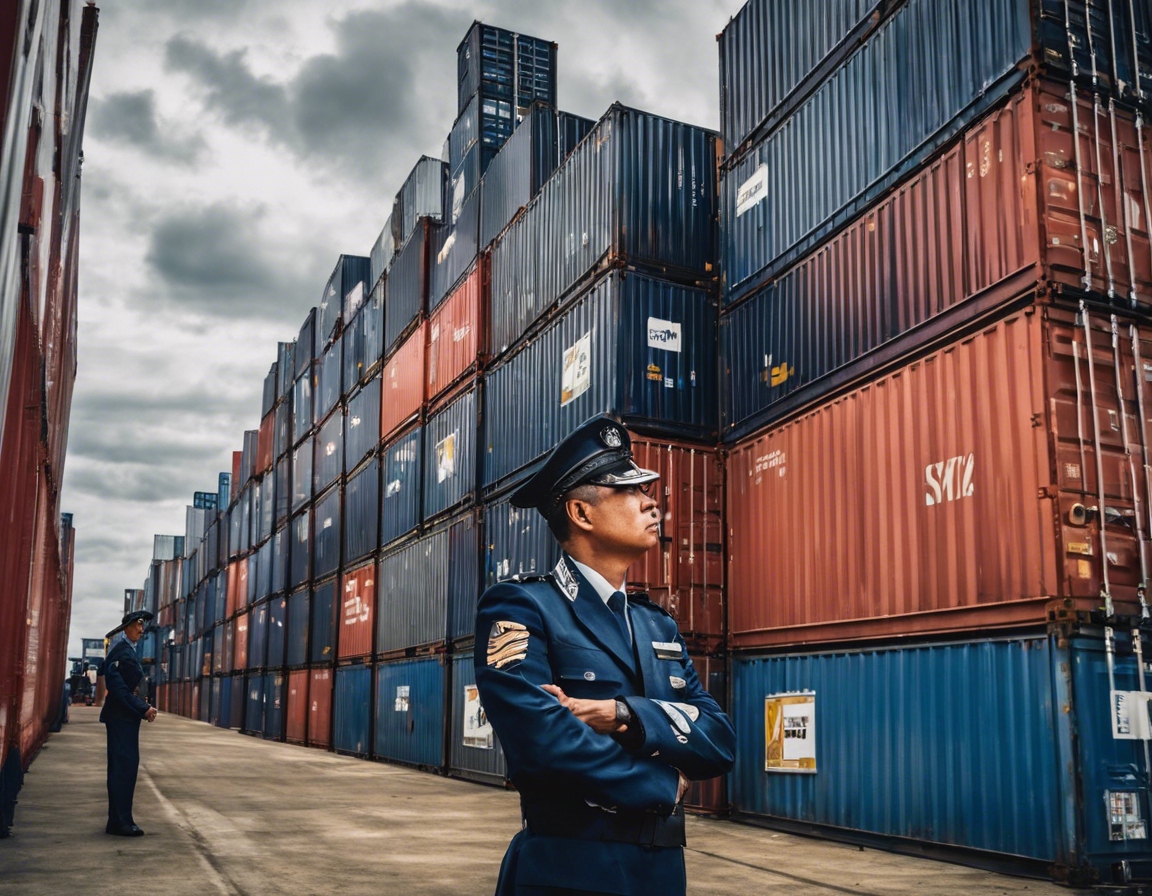The future of freight: trends in international transport
The international transport sector is a critical component of the global economy, enabling the movement of goods across borders and continents. With the rise of globalization, the demand for efficient and reliable freight services has never been higher. However, the industry is also facing unprecedented challenges, from environmental concerns to geopolitical tensions.
Innovation in freight is essential to meet the growing demands of international trade while addressing the challenges of sustainability and efficiency. Companies that embrace new technologies and practices are better positioned to thrive in a competitive market.
Emerging Trends in International Freight Transportation
As the world becomes more environmentally conscious, the freight industry is under pressure to reduce its carbon footprint. This is leading to increased investment in alternative fuels, energy-efficient vessels, and carbon offsetting initiatives.
Technologies such as blockchain, IoT, and AI are revolutionizing the way goods are tracked and managed throughout the supply chain. These innovations promise greater transparency, efficiency, and security in international transport.
Intermodal transport, which involves using multiple modes of transportation for a single shipment, is gaining popularity as a way to optimize logistics, reduce costs, and minimize environmental impact.
The rise of e-commerce has transformed consumer expectations and logistics strategies. Companies are now focusing on direct-to-consumer delivery models that require agile and flexible international transport solutions.
New and expanded free trade agreements are facilitating cross-border trade, creating opportunities for freight companies to access new markets and streamline their operations.
Challenges and Opportunities in International Freight
International transport is subject to a complex web of regulations that can vary by country and region. Staying compliant is a significant challenge but also an opportunity for companies that can navigate these waters effectively.
As trade volumes grow, so does the strain on existing infrastructure. Investment in ports, roads, and rail systems is crucial to accommodate the increasing demand for freight services.
With the expansion of international trade comes increased risk. Freight companies must prioritize security measures to protect against theft, piracy, and other threats.
End-to-end visibility is essential for managing complex international supply chains. Leveraging data and analytics can help businesses anticipate disruptions and make informed decisions.
Strategic Considerations for Businesses
Businesses must remain agile to adapt to changing consumer demands and market conditions. This may involve diversifying supply sources or rethinking distribution strategies.
Resilience is key to withstanding disruptions in international transport. Companies should focus on creating flexible and responsive supply chains that can recover quickly from unforeseen events.
Choosing the right logistics partners is critical for success in international freight. A dependable partner like FJOTRANS OÜ can provide the expertise and support needed to navigate the complexities of global transport.






Comments (0)